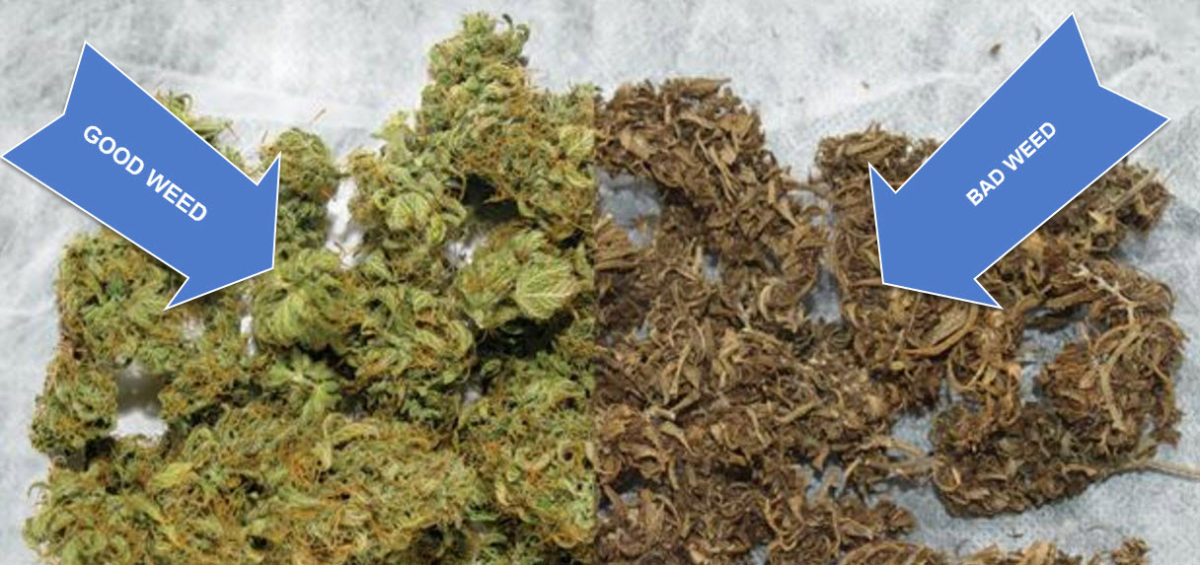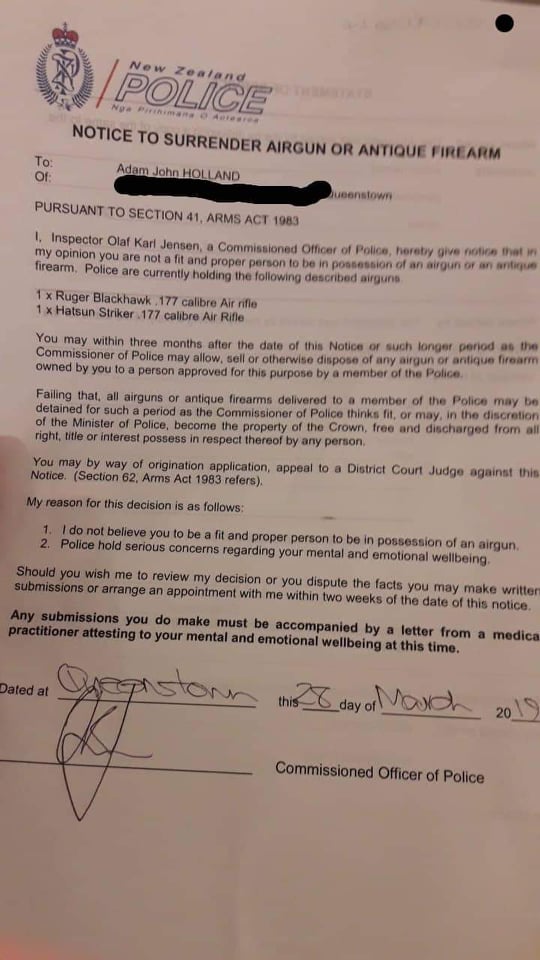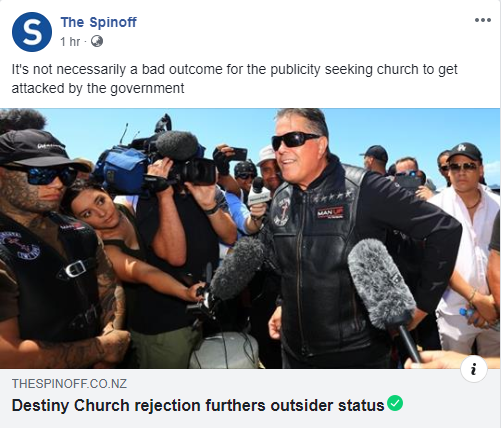Libertarians like to complain about government regulation, claiming that it leads to stifled innovation and more expensive products. Although this is true of mature markets, regulation for emerging markets of any good or service usually keeps cowboys out of the industry. An argument for cannabis law reform is that it would maintain a certain level of quality within cannabis products.
The black market means a lot of things. It means shady characters, violence, turf wars, unbelievable amounts of bullshit and prison sentences. It also means a variable quality of product – and this has a number of adverse consequences for people’s health.
Black market alcohol still regularly kills people in places like Norway, where legal alcohol is extremely expensive, because it doesn’t have the same quality controls as the commercial product. As a result, the person making it often has little idea of how strong their product really is. Sometimes it’s as strong as absinthe.
Despite the fact that legal alcohol still kills a lot of people, most people can understand the quality control argument against alcohol prohibition. Although legal cannabis would be much less likely than alcohol to kill people, there is still a quality control argument to be made for cannabis law reform. If one approaches the subject of cannabis law reform from a harm reduction point of view, then legalisation makes a lot more sense than prohibition.
When growing cannabis, there’s not too much that can go wrong. It’s called weed for a reason. Nevertheless, it’s still possible to grow buds that have mold on them, especially because of the fact that they are often grown indoors in moist environments, or grown outdoors in places where the rainfall can’t be controlled. This mold can easily lead to lung conditions if the bud containing it is smoked.
Much worse is that sometimes black market cannabis is sprayed with various substances that make it appear more sticky or provide more of a “hit”. This can be anything from legal highs to fly spray. It might be hard for some people to believe that anyone selling cannabis could be so unscrupulous, but that’s what people are exposed to when cannabis is on the black market. It’s complete chaos.
None of these things would happen if cannabis was commercially grown, at least not any more often than you’d buy moldy bread from the supermarket. If it ever did happen, it would trigger a review of quality control procedures at the place of manufacture, and new procedures would be put in place to make sure it didn’t happen again.
Quality control is not simply a matter of physical safety. The more science advances, the more we are coming to appreciate how many active cannabinoids there are in the cannabis plant, and how different amounts of various ones can have entirely different effects to others.
We’re starting to learn that cannabinoids like delta-9 THC, while immensely enjoyable in the right context, are not necessarily helpful from a pain relief perspective. We’re also learning that cannabinoids like CBD have a wide range of medicinal uses, but that it’s difficult to gather useful scientific data about how to prescribe them, because it’s hard to get hold of accurately calculated doses.
A regulated cannabis industry would allow for manufacturers to create products that had precise and known amounts of each ingredient cannabinoid. This would make it possible for doctors to prescribe a regular supply of the right cannabinoid at the right dose. In this context, the right dose means a dose that is strong enough to achieve the desired therapeutic effects without being so strong that it causes other problems.
Neither is quality control simply a matter of health.
Perhaps the worst examples of a lack of quality control can be found in the various ripoffs that occur on the black market. There are many elderly people who are desperate to get hold of cannabis medicine for conditions that cause them to suffer, and for who legal medicines are unsuitable. These elderly patients are then forced into the black market, and often get tricked into giving money to someone who supplies a substandard product – or even no product at all.
That vulnerable people can get ripped off to the tune of thousands of dollars by clowns who don’t know how to manufacture quality cannabis products, or by criminals who are happy to supply rubbish that doesn’t work, is one of the cruelest outcomes of cannabis prohibition. Some of these people are trying to find solace to deal with the pain of the last days of their lives, and cannabis prohibition leaves them exposed to the most exploitative elements of the black market.
This has been a common occurrence on various FaceBook groups, where old people are given a small amount of CBD oil as a sample and then asked to pay thousands for a low-grade oil that confers no therapeutic advantage. Because cannabis is illegal, these old people have no chance of getting justice through Police action. Of course, the scammers are fully aware of this, because prohibition is a criminal’s best friend.
Cannabis should be made legal so as to make sure that the cannabis that people use, and which they are going to use regardless of the law, is of an adequate quality. This will not only avoid the occasional physical illness that comes from buying black market cannabis, but it will also decrease the suffering caused by criminal activity in the cannabis market.
*
This article is an excerpt from The Case For Cannabis Law Reform, compiled by Vince McLeod and due for release by VJM Publishing in the summer of 2018/19.





